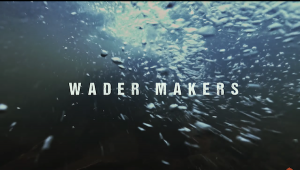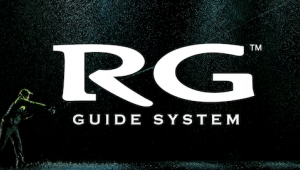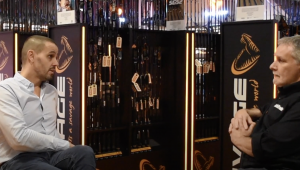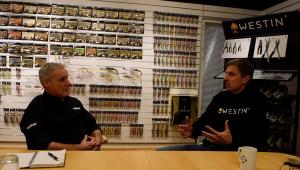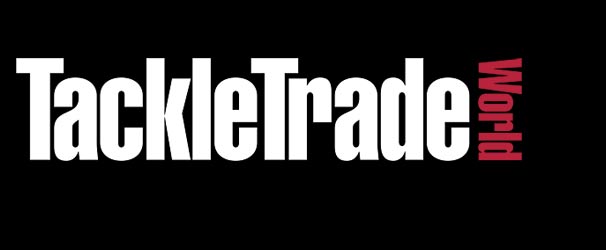Danish fishing group highlights angling value
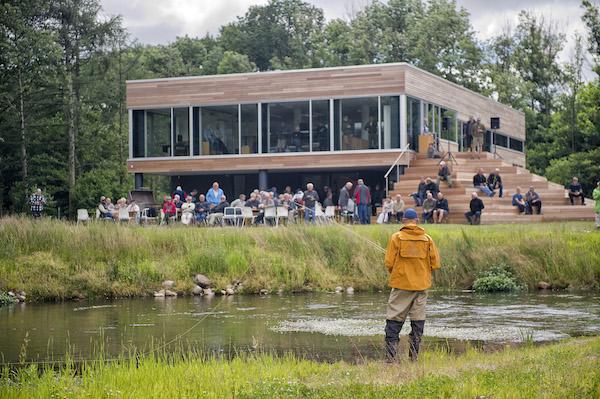
The work of fishing associations in every country is vital. Torben Kaas, chairman of Danmarks Sportsfiskerforbund, outlines how the Danish organisation is improving relations with the industry and political leaders to improve fishing and the trade for everyone.
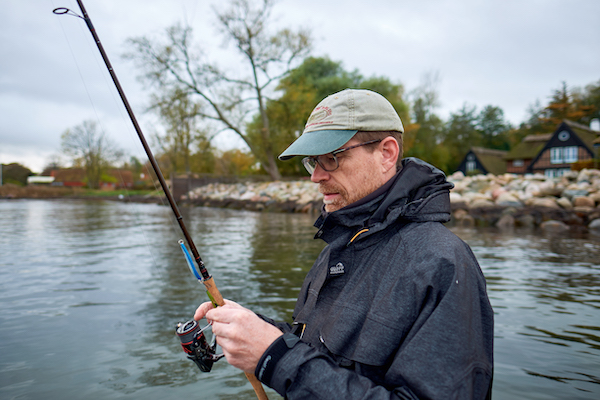 Torben Kaas
Torben Kaas
We all want the same thing – cleaner waters, more fish, improvements in nature. This applies regardless of whether we are anglers, tackle shops, or owners of local businesses living from fishing tourists. We are in the same boat.
In the national angling associations, we are used to working on these topics. We go to our authorities and politicians to make them aware of the problems and of our wishes for better possibilities for our members. And if it doesn’t hurt agriculture or commercial fishing too much, we get small concessions and minor changes of regulations.
Recreational activities do not beat commercial interests. And there is very little awareness that angling relates to real economy like jobs, tax base, and turnover in local communities. In the heads of our parliamentarians, angling is pure recreation, and it is free of cost to ignore our problems.
In Denmark, we now try to join forces between the national Danish angling association and the commercial side to shine a light on the entire angling value chain. Together with tackle shops, wholesalers, fishing guides, tour boats, ‘put and take’ waters and tourism businesses, we are working on establishing the number of jobs and the size of the economy related to angling. We believe firmly that numbers beat words.
Even before we have the statistics in place, we have seen political interest in the outcome. Our minister of fisheries has asked us to arrange a conference about angling as a driver for local economy and jobs.
With such a conference, we can produce numbers that tell a story of a fish caught by an angler being 100 times worth the value of the same fish caught by a commercial fisher. This is what we need to argue for funds to develop angling and make space for anglers – even if it means less space for some commercial activities.
In the past we have experienced staff, particularly in tackle shops, as being sceptical of our angling association. Often, the tackle shop staff are the first and most important source of knowledge on how to get catch that first fish for a newcomer.
While, for experienced anglers, it is the place where they complain about not catching enough! We need the staff to convey a message that the national association works hard to change things and that we need members to have the legitimacy and the economy to do that job properly.
Right now, we are building cooperation with tackle shops all over the country where the staff get free membership of our association and we give them courses on fish biology, new techniques – and the importance of our work. And, in return, the staff will tell their customers about the importance of joining our association.
- Log in or register to post comments











